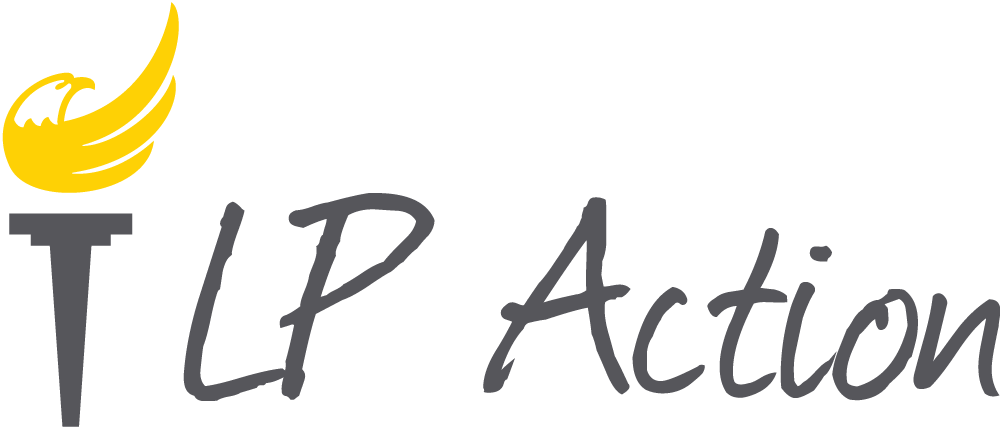When it comes to talking politics today, Big Government is in the driver’s seat.
Pick up any newspaper in America. Or listen to pundits on TV or talk radio. Or to Republican and Democratic politicians. What you’ll see and hear is endless proposals for more Big Government. New bureaucracies, taxes, laws, prohibitions, and regulations. More foreign meddling. More government debt. Debates about how to expand government. Or how much to increase spending.
When the mainstream media even bothers to offer an “opposing” point of view, it is limited to arguing against expanding government. Or for reducing future increases in government.
Rarely is there any discussion about making government smaller than it is today. About actually shrinking today’s Big Government — and advancing liberty.
Even when conservative radio hosts bash liberals and their Big Government agenda, they almost never offer concrete proposals for shrinking today’s government. No real tax cuts, no real government spending cuts, no repeal of anti-gun laws, no removal of job-killing regulations.
Same thing when liberal pundits bash conservatives. Rarely do they call for ending the War on Drugs, closing unneeded overseas military bases, or repealing the Patriot Act.
Both liberal and conservative spokespersons promote the status quo — more Big Government. Despite impassioned rhetoric claiming that they’re for freedom.
Big Government dominates conversations not just in the mainstream media, but everywhere. Proposals to shrink today’s Big Government are rare even among Libertarians and libertarian think tanks and publications, which talk more about what they’re against — than what they’re for.
This keeps Big Government in the driver’s seat — and keeps the option of a small, Libertarian government off the table.
It keeps American voters in the dark about the many benefits that result from dramatically reducing government: prosperity, peace, low crime rates, personal freedom, justice, harmony, better health, better education, self-sufficiency, financial security, technological progress, jobs and boundless career opportunities.
Who’s Driving?, a game created by National LP Political Director Carla Howell, teaches Libertarian candidates, leaders, activists, and virtually every true supporter of liberty how to grab the steering wheel — and leave Big Government at the curb. We learn to explain how to get from today’s Big Government to freedom: By replacing Big Government propaganda with attractive, credible Libertarian solutions. Who’s Driving? empowers Libertarians to show voters why they’re much better off with much less government.
Commercials that run over and over again make us aware of products we didn’t previously know existed, and often convince us to buy them.
Libertarian proposals offered over and over again allows voters to visualize a libertarian world, and to become motivated to vote for the candidates who run on them.
Who’s Driving? also helps Libertarians develop the knowledge they need to make their case for dismantling Big Government: existing laws and how they work, authorities of officeholders, and government finance. This gives candidates and spokespersons the credibility and confidence to be persuasive leaders in the political arena.
The more often Libertarians play Who’s Driving?, the more skilled they get and the more natural it becomes for them to regularly put a Libertarian agenda in the driver’s seat.
Who’s Driving? helps Libertarians develop their ability to anticipate and respond to objections while staying on message. By playing just once or twice, Libertarians start to see how they can control conversations, dramatically improving their ability to do interviews, deliver speeches, and respond to virtually any question, which magnifies the impact and effectiveness of their Libertarian campaigns.
Who’s Driving? is more than just a great training for Libertarian candidates and spokespersons. It’s a tool for creating awareness and acceptance of small government ideas among the people that Libertarians talk to in their everyday lives: family, friends, Facebook friends, fellow activists, and everyone they influence or encounter.
